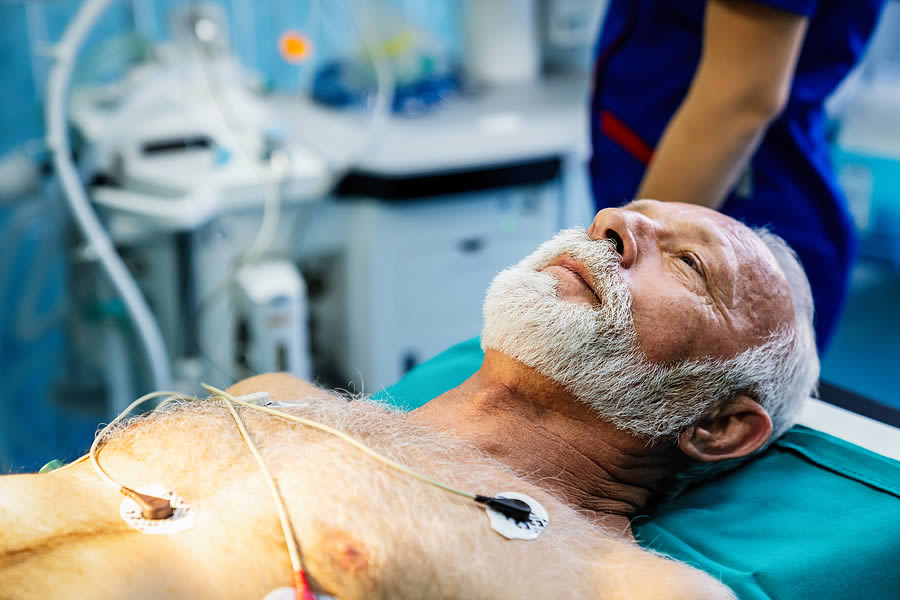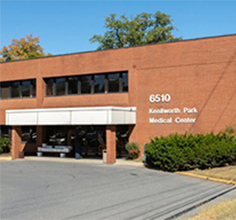
Are you experiencing chest pain, palpitations, dizziness, and shortness of breath? These are just some symptoms of a possible heart problem, and an electrocardiogram is used to test for, diagnose, and monitor conditions that affect the heart. In short, ECG testing is a simple test to check your heart’s rhythm and electrical activity. Southern Maryland Medical Group DOES offer ECG treatment and testing. Call us today or visit one of our three locations to schedule an appointment with an ECG doctor. That said, let’s dive deeper into what ECG is, when it is used, how it is carried out, and getting your results.
An electrocardiogram is a medical test used to check the patient’s heart rhythm and electrical activity. These tests use sensors which are attached to the skin to detect electrical signals produced by the heart. The signals are recorded over a period of time and the results are evaluated by a doctor. An ECG is often requested by a cardiologist or any physician who suspects you might have a problem with your heart.
An ECG is used, sometimes alongside other tests, to examine and monitor the heart for conditions such as:

Symptoms of heart disease include chest pain, shortness of breath, palpitations, dizziness, or irregular heartbeats. Your physician is best equipped to diagnose you.
Generally, an ECG test entails attaching several small, sticky sensors called electrodes to your arms, legs, and/or chest. These sensors are connected to via wires to an ECG recording machine. You do not have to worry about your diet before or after the test, but the electrodes will have to be attached to your skin, so this means you may have to shave targeted areas. Once the electrodes are in place, you can wear a gown to cover yourself. The test usually lasts just a few minutes and you can normally go home soon after the ECG test.
An ECG can be carried out in a few ways, depending on your symptoms and the suspected heart problem. A resting ECG is carried out as you are lying in a comfortable position while an exercise ECG is carried out while you are using an exercise bike or treadmill. If your heart must be monitored for one or more days, then an ambulatory ECG can be used. In an ambulatory ECG, the electrodes are connected to a portable machine worn on your body or carried with you.
The ECG recording machine will display your heart rhythm and electrical activity as a graph. The results can also be printed onto paper. You may not always get results immediately because the specialist doctor must determine whether other tests are necessary to give you a clearer result. Your doctor at Southern Maryland Medical Group will keep you updated in any event.
Southern Maryland Medical Group has 3 convenient locations to provide professional medical care services in the Southern Maryland area. Call or schedule an appointment with one of our locations to get medical care help.

5801 Allentown Road, Suite 400 Camp Spring, MD 20746
Phone: 301-868- 0150
Billing Inquiries: 301-552-1270
Fax: 301-868-0243

7500 Greenway Center, Dr #1200 Greenbelt, MD 20770
Phone: 301-486-7580
Billing Inquiries: 301-552-1270
Fax: 301-486-7581

6510 Kenilworth Ave, Ste 1400, Riverdale MD 20737
Phone: 301-618-0771
Billing Inquiries: 301-552-1270
Fax: 301-618-0772